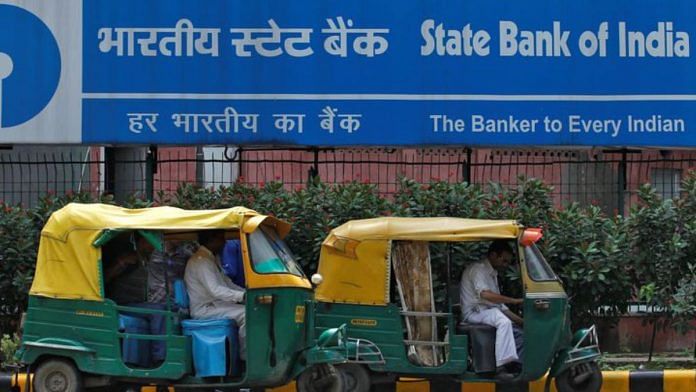A five-judge Constitution Bench of the Supreme Court unanimously struck down the government’s electoral bonds scheme on 15 February.
Through the opaque device of electoral bonds, political parties could garner unlimited funds without transparency or accountability. Unholy politico-corporate nexus flourished with impunity. Until 15 February, approximately Rs 17,000 crore was collected by political parties. The name of the donors remained a closely guarded secret. Finally, the Supreme Court ruled that the right to information of a voter under Article 19(1)(a) of the Constitution trumps the right of a donor to not disclose their identity. The Supreme Court of India subsequently issued the following directions:
Para 219 (b): “SBI shall submit details of the Electoral Bonds purchased since…12th April, 2019 till date to ECI. The details shall include the date of purchase of Each Electoral Bond, the name of the purchaser of the bond and the denomination of Electoral Bond purchased.”
Para 219 (c): “SBI shall submit the details of political parties which have received contributions through Electoral Bonds since…12thApril, 2019 till date to the ECI. SBI must disclose details of each Electoral Bond encashed by political parties which shall include the date of encashment and the denomination of the Electoral Bond.”
Para 219 (d): “SBI shall submit the above information to the ECI…by 6th March, 2024.”
Para 219 (e): “The ECI shall publish the information shared by the SBI on its official website…by 13th March, 2024.
It must be noticed that the court’s directions are unambiguous and clear; the SBI was directed to disclose to the Election Commission of India date-wise and denomination-wise:
(1) the name of the purchaser (whose account is debited by SBI while issuing bond), and;
(2) the name of the political party that received the funds (whose account is credited by the SBI while encashing the bond).
Since the scheme is restricted exclusively within the SBI, the debit and credit entries, as mentioned in (1) and (2) above, can be generated at the click of a button. The court has been considerate in allowing 20 days to the SBI to transmit the information to the Election Commission of India by 6 March. The deadline has expired. Is the SBI risking facing contempt of the Supreme Court?
Also read: SBI stalling EBS disclosure reeks of political pressure. Deprives Indians of a sacred right
SBI arguments not germane to SC direction
How did SBI proceed to comply with the Supreme Court’s directions? Since 15 February, it waited 18 days and moved an application before the court on 4 March, seeking another 118 days’ time, that is, until 30 June. The SBI raised issues such as: “sealed cover”, “re-match”, “match”, “matching the information”, “stored digitally”, “stored physically”, “decoded”, “compiled”, “compared”, etc.
The issues raised by the SBI do not appear to be germane to the Supreme Court’s direction. It is difficult to find a nexus between the SBI’s application and the court’s direction. The court’s directions brook no ambiguity: furnish information from record. The SBI cannot possibly argue that records are scattered in different offices or that they are still confidential, even after the scheme has been struck down by the highest constitutional court of the country. The SBI cannot possibly argue that some records are stored digitally and some physically. Is this the argument of India’s largest, most trusted and respected institution for the nation’s socio-economic development?
The SBI must correct its course and forthwith comply with the Supreme Court’s directions. What should the SBI do? Simply generate separate statements of accounts from 12 April 2019 to 15 February 2024, one for purchasers (donors) of bonds and another for recipients (political parties) of bonds. Each of these two separate statements must disclose name (donors or political parties), date of purchase (or encashment) of each bond, and denomination of each bond. This would amount to compliance with the court’s direction.
There is no need to match any purchase entry with encashment entry, since there is no such direction in the judgment dated 15 February. In any event, the total value of purchase entry (debit entry) and the total value of encashment entry (credit entry) would tally automatically. In this method, the name of all purchasers and amount of each bond purchased (debit entries in the SBI’s books) will be revealed. Similarly, the name of all political parties and the amount of each bond encashed (credit entries in the SBI’s books) will be revealed. It is straightforward without any complication.
Indian voters’ vested right to information that has crystallised as a sequel to the Supreme Court’s historic verdict cannot be subverted until the Lok Sabha election is over.
Bishwajit Bhattacharyya is a Senior Advocate in the Supreme Court and former Additional Solicitor General of India. Views are personal.
(Edited by Prashant)



